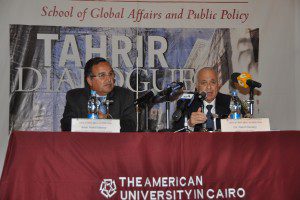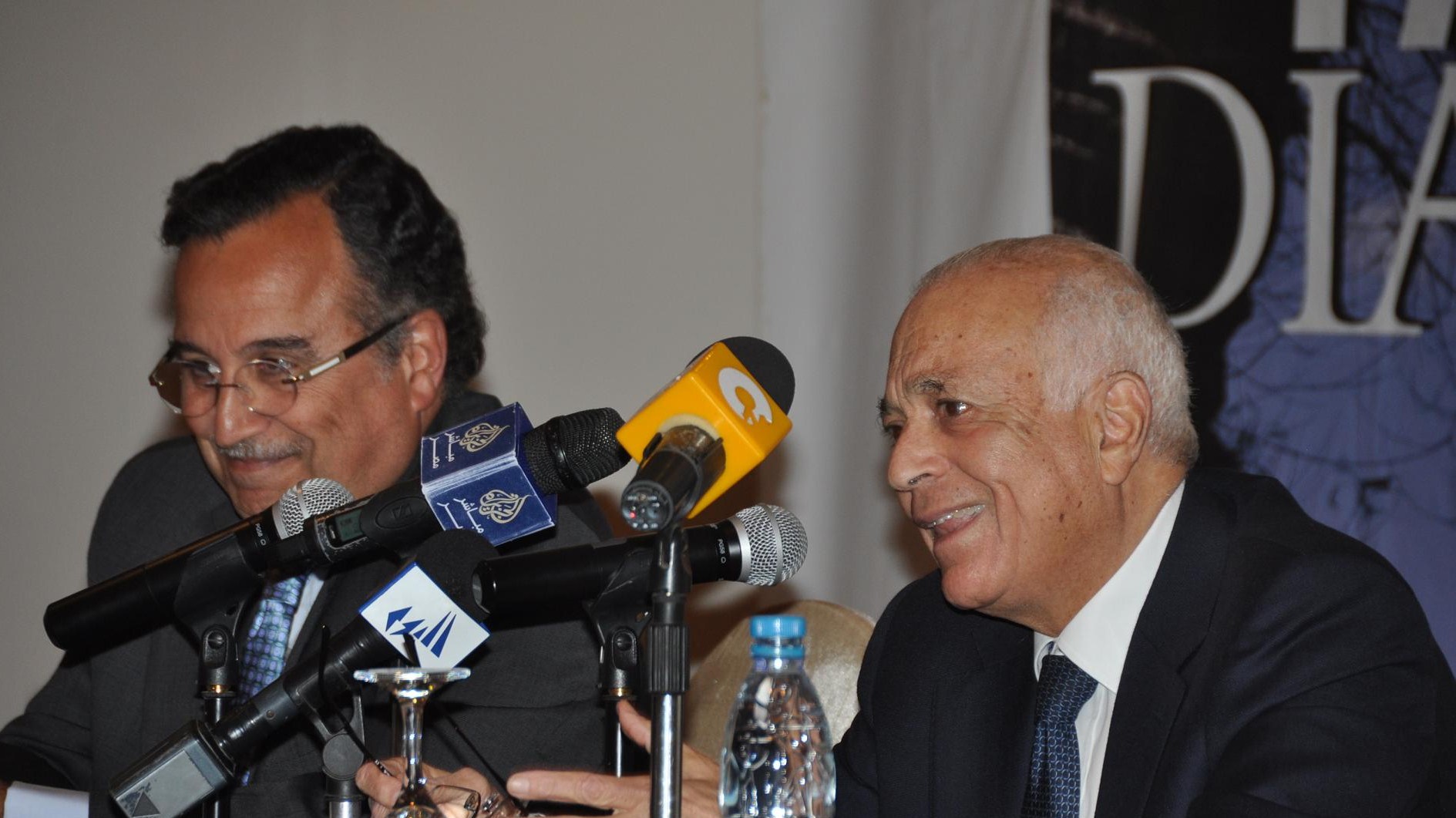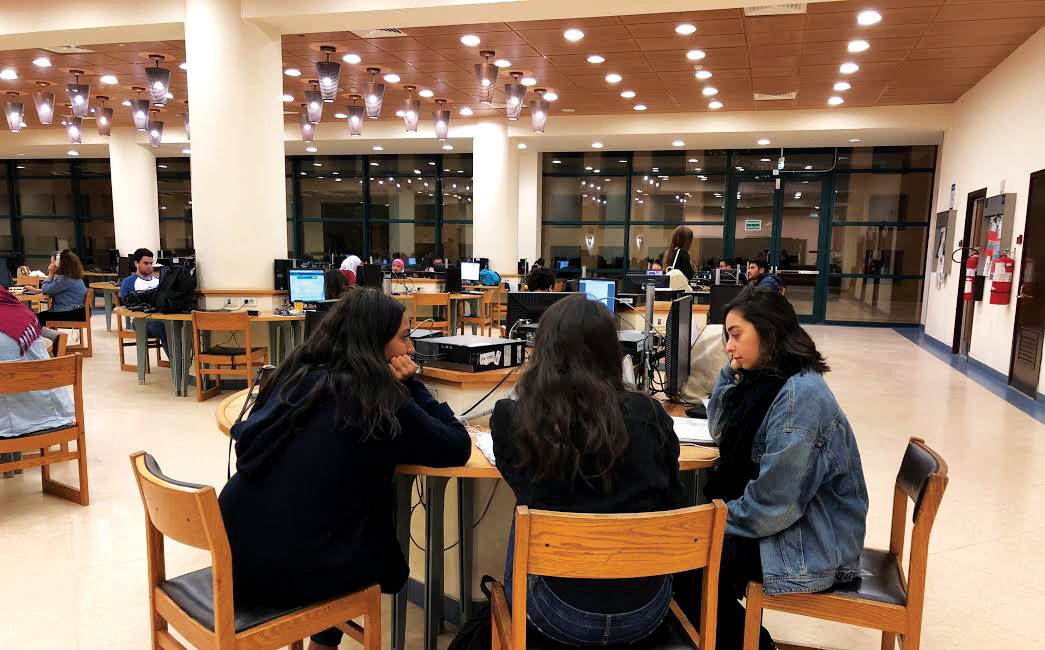Syria’s Civil War continues to be a danger to the Middle East
Ahead of US President Barack Obama’s March 20 visit to Israel to discuss the crises in the Middle East, the School of Global Affairs and Public Policy (GAPP) hosted the Arab League’s Secretary-General Nabil Al-Araby, who immediately pointed to the Syrian Civil War as the most dangerous challenge facing the region today.

“There is no gleam of hope that Bashar Al Assad’s massacres will end,” Al-Araby said during the lecture held last week.
He said that the United Nations Security Council (UNSC) has the responsibility of protecting people from war crimes, genocide and crimes against humanity. Since 1954, the Security Council had intervened in every conflict in the region but refuses to do so in Syria.
The Arab League has since last April demanded that the Security Council intervene in Syria.
However, the Syrian issue is in the authority of the two super powers, the United States and Russia, which makes a political solution necessary to solve the current turmoil, or else the fighting and destruction will continue.
Russia and China, two permanent members of the UNSC have said channeling arms and funds to rebel forces in Syria will only exacerbate the violence and not end it.
They have hosted in recent weeks senior officials from both the rebel groups and the Al-Assad regime in hopes of initiating dialogue to end hostilities.
Ashraf Al-Sherif, a professor of political science at AUC, believes that the domestic problems are of greater impact in Syria than international factors.
“Support of the US to the anti-regime coalition is much weaker than the Russian support to the Syrian regime,” he said.
Al-Araby also addressed the importance of the Arab Summit, scheduled later this month in Doha, which will issue a series of new initiative – an Arab Court of Human Rights and an institute specialized to develop the performance of Arab diplomats. King of Bahrain Hamad Bin Isa Al-Khalifa initiated the proposal, and the court will be established after the ratification by all the Arab League members.
Al-Araby emphasized that the developments of the Arab League are required to enhance its position, from a third to a second generation of international organizations. The African Union succeeded in making the quantum leap by forming its own African Court of Justice, in addition to its Peace and Security Council.
Al-Araby also touched on the Arab-Israeli conflict, saying that Palestinian prisoners now spend up to 30 in Israeli jails without having committed a crime. He stated that Israel continues to violate all rules and regulations of international law.
After the recognition of Palestine as a non-member state by the UN, the international community now regards Palestinian lands as occupied territories, he said.
However, Al-Sherif disagreed stating that Al-Araby was being optimistic in his statement, emphasizing that international states will not necessarily recognize the Palestinian territories.
“This is a legalistic approach and not political,” he said.
Al-Araby said that the war in Syria and the preoccupation of the Egyptian army had certainly shaken the Arab entity, since all Arab countries today suffer from internal turmoil. He also commented on the influence of Turkey and Iran in the region, stating that dialogue is essential with the two states due to their power dynamics.




